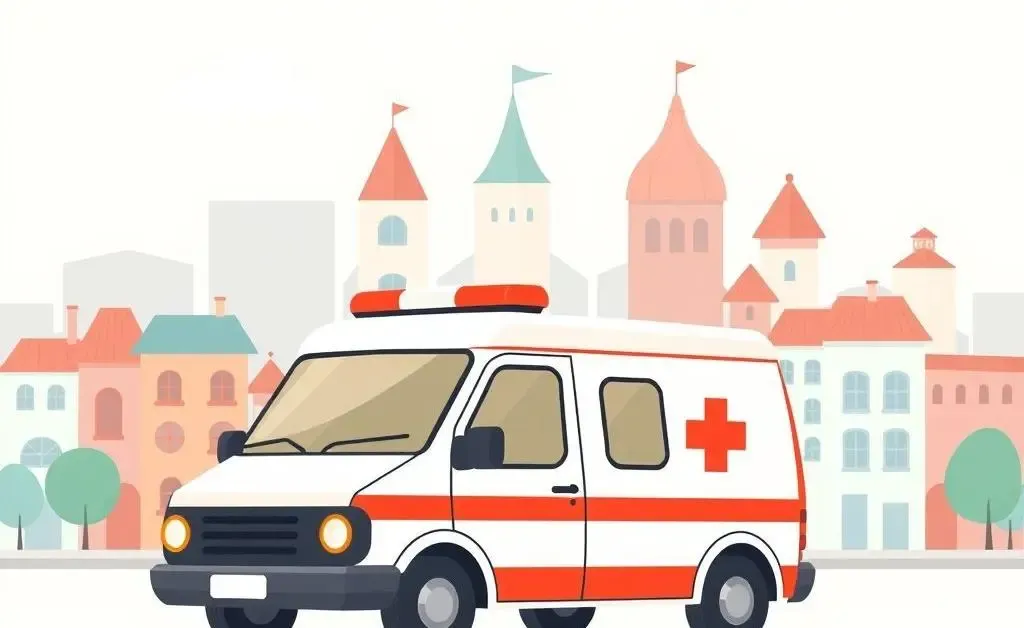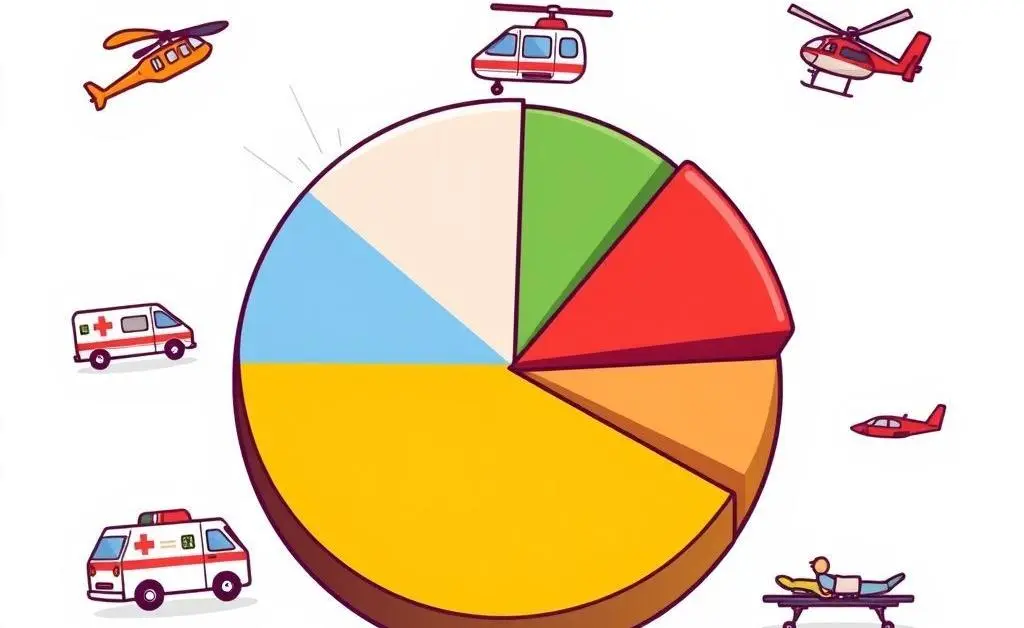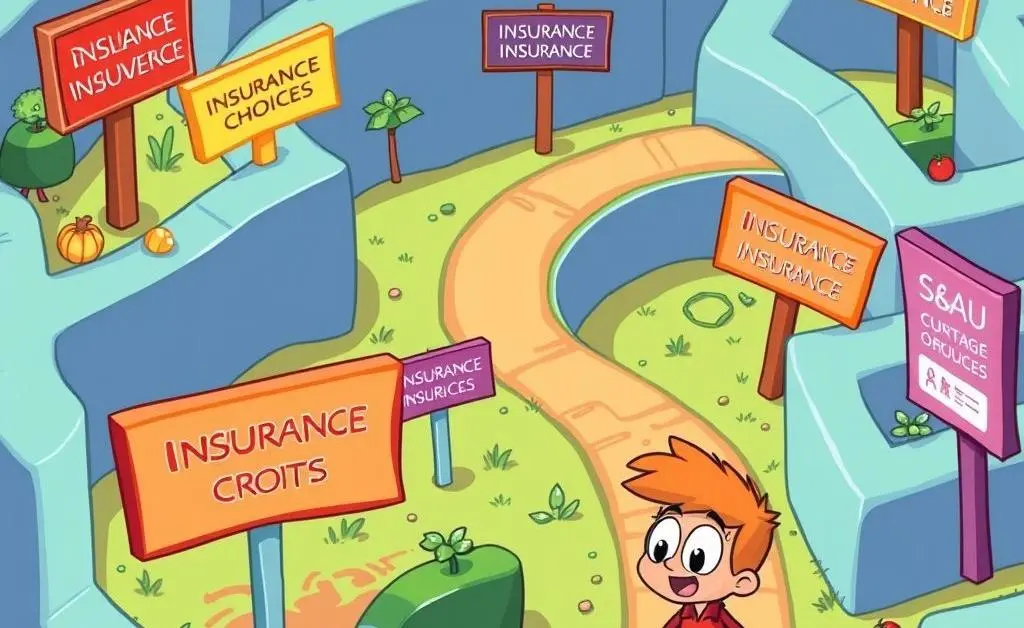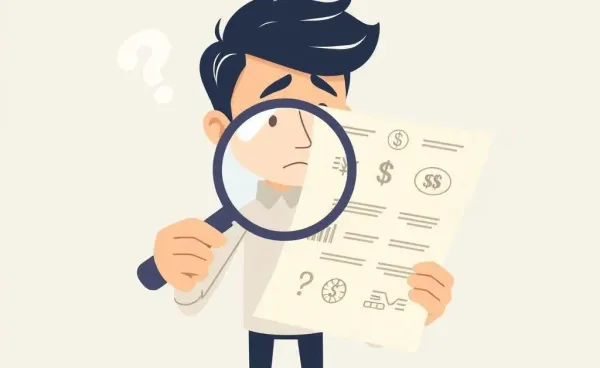Understanding Medical Transport Costs and How to Navigate Them
Explore medical transport cost factors and tips to manage expenses effectively.

Did you know that the cost of medical transport can sometimes rival airline ticket prices? It's true! A sudden ambulance ride or air ambulance transfer can lead to shockingly high bills. But don't worry, I'm here to guide you through the winding roads of medical transport costs and help you manage them effectively.
What Determines Medical Transport Costs?
There are multiple factors at play when calculating these costs. Let's break it down:
- Distance: The further you need to travel, the higher the cost. Simple math, right?
- Mode of Transport: Ground vs. air makes a big difference. Air ambulances are like the business class of medical transport.
- Type of Medical Care: Depending on the care needed onboard, charges can vary widely. Advanced care typically comes at a steeper price.

Real-Life Impact: Joe's Ambulance Ride
Let's talk about Joe. One sunny afternoon, Joe had an unexpected medical emergency and an ambulance was called. The 10-mile journey resulted in a hefty bill, making Joe wonder if he had hitchhiked in a limo instead.
Joe's experience sheds light on a common issue: unexpected medical expenses. But don't worry, there are ways to prepare and manage!
Planning and Budgeting for Medical Transport Costs
Just like we plan our vacations, planning for medical expenses can save you headaches later. Here's how:
- Check Your Insurance: Does it cover medical transport? If so, to what limit?
- Consider a Savings Fund: Setting aside a small amount monthly can create a cushion for unexpected transport fees.
- Understand Local Regulations: Some states offer laws limiting costs; being informed can help negotiate lower fees.

Insurance: Your Navigator in the Cost Maze
Health insurance can be your best friend when it comes to these expenses. Reviewing your policies regularly ensures you're never taken by surprise.
Keep these tips in mind:
- Check if your insurance offers reduced rates for preferred providers.
- Understand your out-of-pocket maximums.
- Explore supplemental policies if you travel frequently or live in remote areas.

So, next time you're planning your finances, make sure to include a small pit stop for medical transport costs. You might not need it, but boy, will you be glad it’s there if you do!
What strategies do you use to plan for unexpected medical expenses? I'd love to hear your thoughts!




